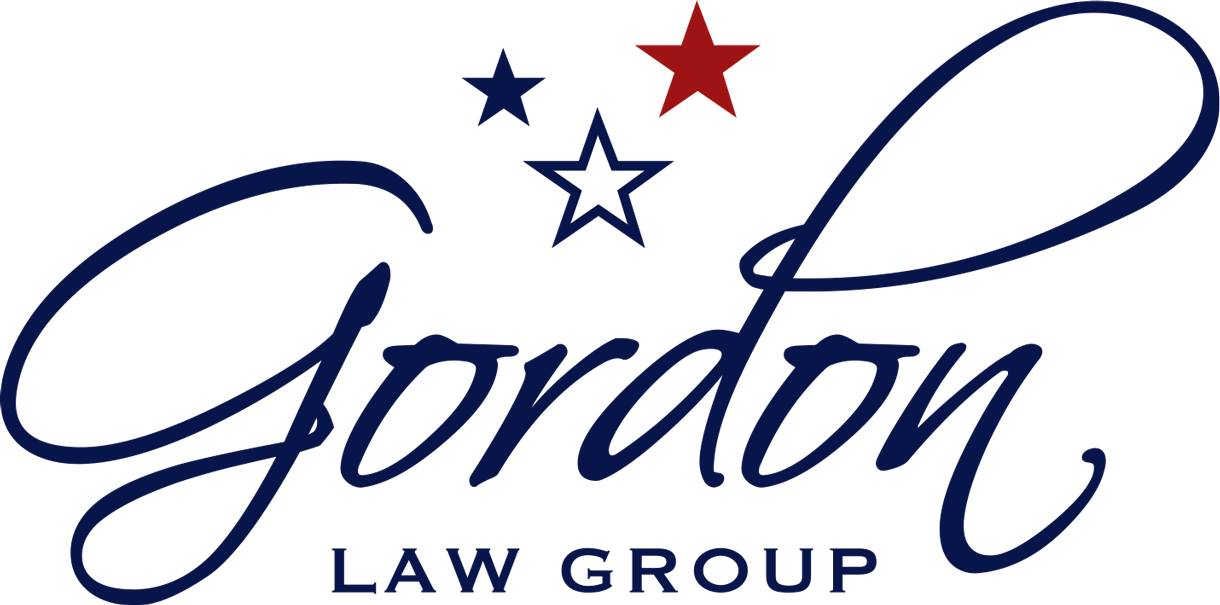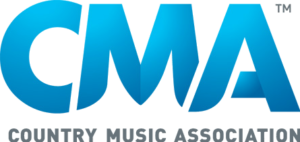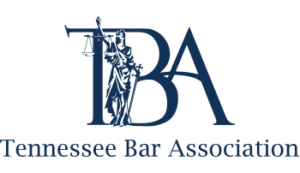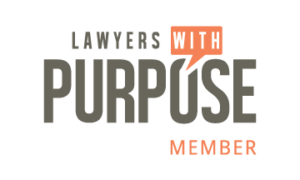Entertainment Law and Protecting Your Art
Serving Clients in Nashville, Greenville, Charleston, Orlando, and the Surrounding Areas
The Gordon Law Group has the experience and knowledge to handle a variety of entertainment law issues, including the one you are facing right now. We provide legal expertise in a range of services tailored to the careers of songwriters, artists, publishers, independent labels, management, screenwriters, film producers, and authors. Pursuing and maintaining a successful entertainment career requires trusted legal counsel to avoid the common pitfalls that are prevalent in the industry. Our legal knowledge, experience in the entertainment industry, and understanding of our client’s needs allow us to provide the legal advice you need to truly develop and succeed in your artistic endeavors.
Specific Practice Areas
Artist Development Agreements
Artists often seek guidance to help fast-track and guide development. There are numerous reputable artist development organizations and service-providers in Nashville, and some that are less legitimate. The mention of “your attorney” may scare away shady characters, but the proof is in the pudding – what does the contract say? The Gordon Law Group can help you determine if the terms of an artist development agreement are appropriate for your situation and can negotiate better terms if necessary.
Business Formation and Funding
Your entertainment career is a business and should be treated as such. No serious business person would allow personal assets to be exposed to liability created by business activities. Why would you, as a serious artist, allow your personal bank accounts, vehicle, and/or home to be on the chopping block should someone bring a copyright infringement case against you? Be smart. Form a business structure that allows you to pursue your goals responsibly.
Bands enjoy particular benefit from functioning under a business structure: business documents can lay out how to handle situations when a band member leaves the group or when the band decides to add an additional member. These documents can also determine how royalties are split among songwriting and non-songwriting band members. The bottom line is that drafting business entity documents is a great opportunity for the band to think seriously about how the group will function and collectively agree on how to handle various situations. The Gordon Law Group can guide you through these discussions to help you identify pitfalls and come up with methods to prevent disaster.
Management Agreements
Artists and songwriters who are too busy to handle all of the booking, social media and marketing, book keeping, travel arrangements, performances, etc. can benefit from bringing a manager onto the team. The idea is that money is being left on the table because you are too busy to get to everything. A manager can shoulder some of the load which should allow you to do more performances, which equals higher earnings. It generally is not wise to hire a manager with the belief, or hope, that the manager will magically make more business appear. Generally, you should have more business than you can handle before hiring a manager.
Once you feel confident that hiring a manager is the right decision, it is time to look at the terms of the deal. The Gordon Law Group can help you evaluate whether you are in a position to benefit from hiring a manager. We can explain the terms of the deal to you and negotiate on your behalf to make sure your goals will be met.
Publishing Agreements
Getting a publishing deal is often what songwriters consider “making it,” and songwriters can benefit immensely from working with a publishing company. Publishers help the songwriter make more money by exploiting that writer’s catalogue; that is, by finding artists to record the songwriter’s songs, identifying film and TV placements for songs, and arranging public performances of songs. Songwriters should strive to find a publisher who is truly interested in promoting the songwriter’s work. It is no fun writing twelve songs a year only for those songs to sit on a shelf and never see the light of day.
The Gordon Law Group helps songwriters obtain publishing deals that make sense. We negotiate on your behalf to get you closer to achieving your goals.
Agency Agreements
Agents in the music business can help musicians identify opportunities beyond recordings, songwriting, or merchandising. Artists might think, “I need an agent to help me get more work!” However, agents get paid a percentage of earnings, which means that agents must first see earning potential before working with an artist or songwriter. Musicians who have achieved some level of success can benefit by employing an agent to find opportunities in film and television, public performances, tours, and other outlets.
Similar to management agreements, agency agreements tend to be long-term (see the paragraph on Management Agreements for more information). Artists and songwriters should be acutely aware of what activities result in a commission for the agent and how long the agent can receive a commission.
Pro Tip: Agents can often keep receiving commissions for some work you perform even after the expiration of the agency agreement.
The Gordon Law Group can help you determine whether you are in a position to add an agent to your team and understand whether the terms of the agency agreement are out of the ordinary or unfair.
Artist Recording Agreements
The Record Deal: This has long been the holy grail of an artist’s career – the ultimate goal. In short, a major record company can help an artist go from regional success to nationwide, or even worldwide, renown. However, long gone are the days of “getting discovered.” Today, labels generally offer record deals to artists who already have success: they have a fan base, sell tickets and merchandise, streaming and social media numbers are strong, etc. Labels help artists expand their reach. This means that an artist usually must already enjoy a fairly significant level of success prior to getting a record deal. Often, this means that the artist is able to make a living exclusively from performing, even without involving a record label.
More practically, there are numerous labels of varying size that can help an artist record and distribute his or her music. This might not garner the same level of attention a major label can provide, but it will get your music out there.
The Gordon Law Group can help you determine whether a record deal is a good path to finding your success (which depends largely on your definition of success!). Give us a call before signing that record contract.
Copyright Assignments and Mechanical Licenses
Copyright assignments are the agreements between the original author and some other party that transfers certain rights from the author to that other party. For instance, a songwriter might license her copyright in a musical composition to a publisher so that the publisher can exploit the song (in a good way). Publishers will then pitch the songwriter’s song to record labels and/or artists with the hopes that an artist will record a particular song and sell it as part of an album or other release. A mechanical license is put in place when an artist decides to perform a song that someone else wrote.
Fun Fact 1: Not all contracts must be in writing in order to be legally enforceable.
Fun Fact 2: Copyright assignments MUST be in writing in order to be valid. Hire an entertainment attorney if someone wants to record your song – give us a call.
BMI, ASCAP, SESAC, and SoundExchange Membership Agreements
There are three primary sources of income for songwriters: mechanical royalties, synchronization fees, and performance royalties. BMI, ASCAP, and SESAC (also known as Performing Rights Organizations, or “PROs”) work with songwriters to help them collect performance royalties that are generated when a songwriter’s song is performed live or on the radio. Every serious songwriter should be affiliated with a PRO – it is the only way to get paid what you are owed. SoundExchange is similar to the PROs except SoundExchange only collects digital performance royalties from streaming platforms. The Gordon Law Group can help you make sure that you are associated with the proper organizations and that you are receiving payment from every source possible.
Film and Television
Film and television are growing industries in Nashville, and the Gordon Law Group is here to help you play your part! Whether you are a screenwriter pitching a script, a production company hiring a cast and crew, or an actor/actress negotiating a deal, an experienced entertainment attorney is essential to turning your vision into reality.
Podcasts
Podcasts are rising in popularity in both consumption and production. But before you fire up the microphone and release a bunch of content, you should probably talk to an entertainment attorney to make sure you are able to use the content you created in the way you want to use it. Receiving a cease and desist letter from someone you interviewed immediately before distributing your interview takes all of the fun out of podcasting in the first place! Do it right. Get a release form. The Gordon Law Group can help you get all of the necessary forms and releases in place so that your podcast is as successful as possible.










